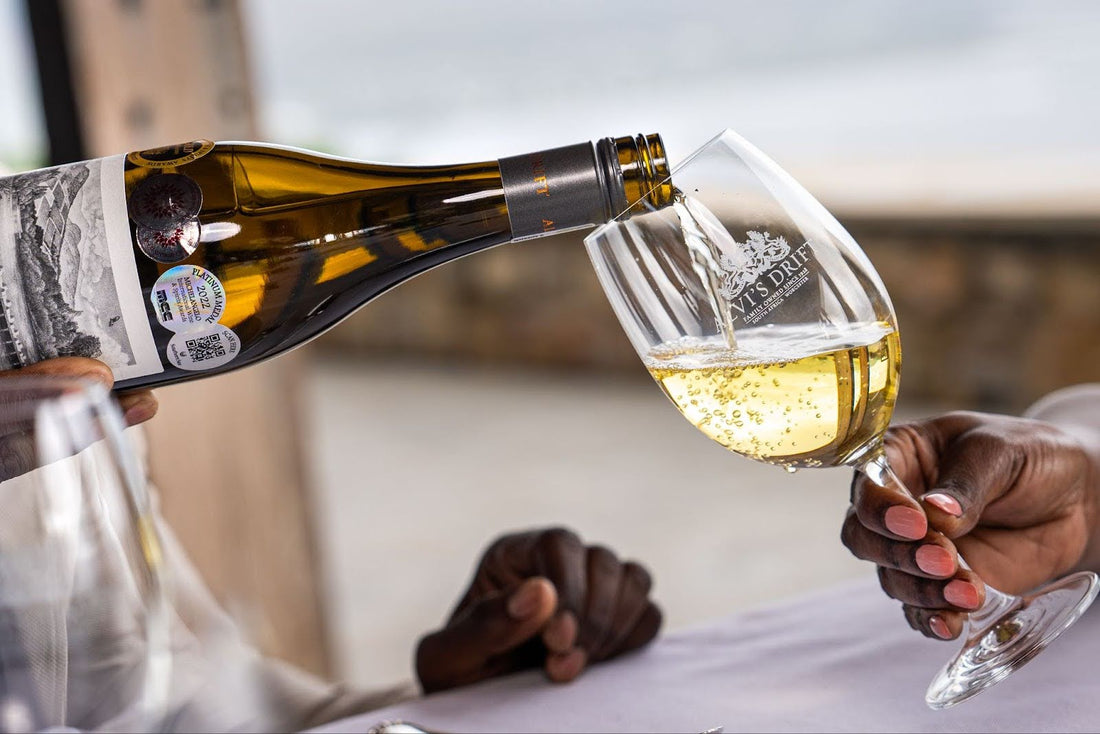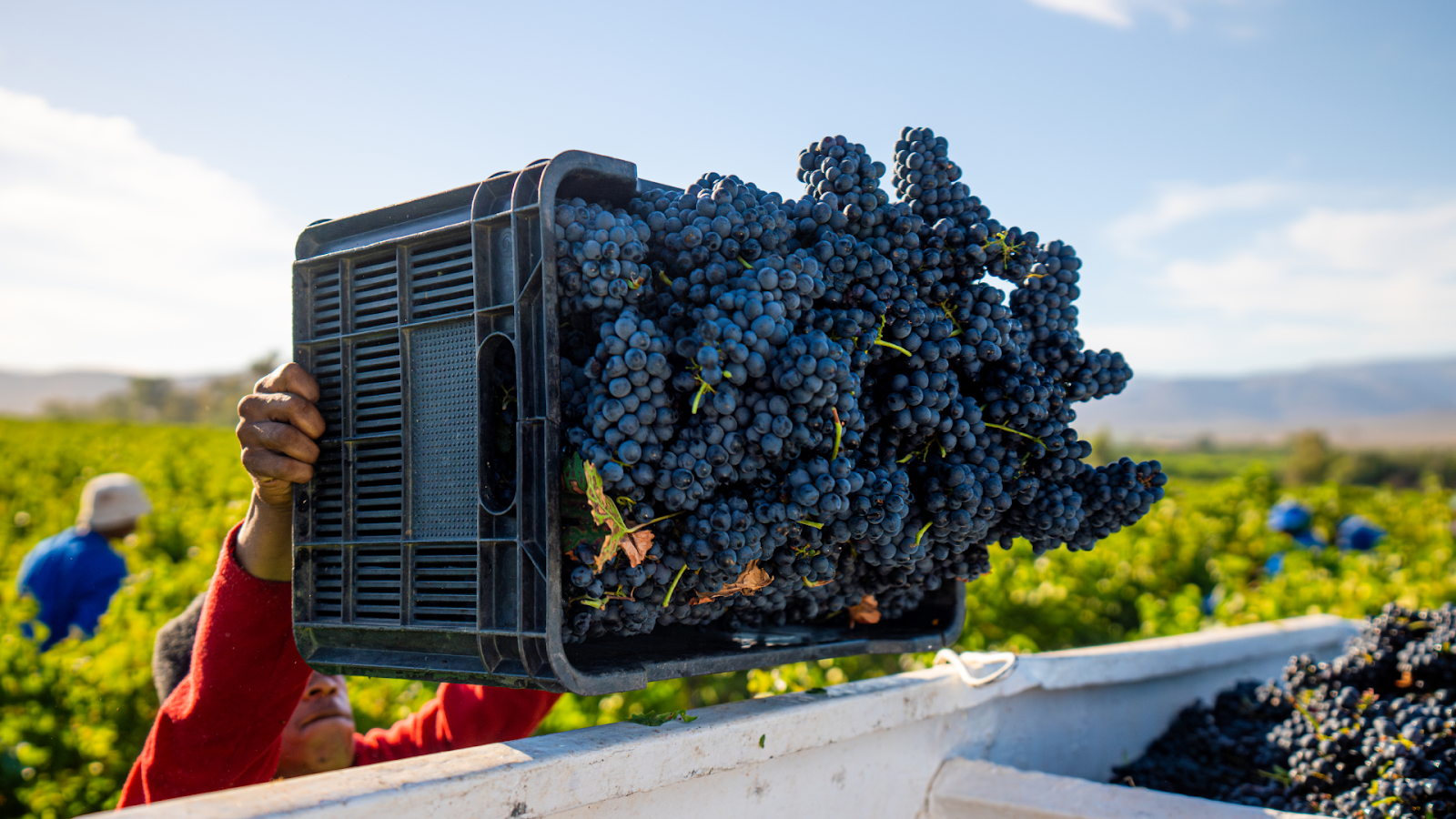When exploring the world of white wines, many wine enthusiasts find themselves asking, What is Viognier similar to? Two common comparisons are Chenin Blanc and Sauvignon Blanc, as they are all aromatic white wines with distinct flavour profiles. Understanding the similarities and differences between Viognier, Chenin Blanc, and Sauvignon Blanc can help you decide which wine best suits your palate or occasion. Let’s break down each wine and highlight when to choose one over the other.
Viognier: The Aromatic and Bold White Wine
Viognier is known for its medium- to full-bodied and aromatic profile. It has a richer texture compared to both Chenin Blanc and Sauvignon Blanc, often presenting a slightly oily mouthfeel. Viognier is typically dry but can give off an impression of sweetness due to its intense fruity and floral aromas. The key flavours in Viognier include:
- Fruit: Apricot, peach, mango
- Floral: Honeysuckle, jasmine, orange blossom
- Spice: Vanilla, nutmeg (when aged in oak)
Who is Viognier Best For?
Viognier is ideal for those who enjoy bold, aromatic wines with a round texture. It pairs well with creamy dishes, spicy foods, and rich seafood like lobster or scallops. If you prefer a wine that offers a fruit-forward and floral experience, Viognier might be the right choice for you.
Chenin Blanc: Versatile and Crisp
Chenin Blanc is a versatile grape variety that can range from very dry to sweet, making it unique compared to Viognier and Sauvignon Blanc. It is generally lighter in body than Viognier and is often noted for its refreshing acidity. Key flavours include:
- Fruit: Apple, pear, quince
- Floral: Chamomile, honeysuckle
- Honeyed: Beeswax, honey (in off-dry or sweet styles)
What is Chenin Blanc Best For?
Chenin Blanc is a great choice if you prefer a lighter, more acidic white wine that offers versatility. It pairs well with poultry, pork, and dishes with sweet and savoury elements, such as pork with apple sauce. For those looking for a wine that can range from zesty to richly sweet, Chenin Blanc is ideal.
Sauvignon Blanc: Crisp and Herbaceous
Sauvignon Blanc is famous for its high acidity and herbaceous character. Unlike the richer Viognier, Sauvignon Blanc is lean and refreshing, often featuring green and citrusy flavours. Common flavour notes include:
- Fruit: Lime, green apple, gooseberry
- Herbaceous: Green bell pepper, fresh-cut grass
- Mineral: Flint, wet stone
Who is Sauvignon Blanc Best For?
Sauvignon Blanc is the go-to wine for those who enjoy a crisp, refreshing white with a strong herbal note. It pairs wonderfully with lighter dishes such as salads, goat’s cheese, and grilled fish. If you enjoy bright acidity and zesty flavours, Sauvignon Blanc will be the best option for you.
How They Compare:
- Body: Viognier is medium- to full-bodied, Chenin Blanc ranges from light to medium-bodied, while Sauvignon Blanc is light-bodied.
- Acidity: Sauvignon Blanc is the most acidic, followed by Chenin Blanc. Viognier typically has lower acidity, giving the wine a rounder mouthfeel.
- Aromatics: Viognier is highly aromatic with strong floral notes, while Sauvignon Blanc has herbaceous aromas and Chenin Blanc often features delicate floral and honeyed scents.
- Sweetness: Viognier and Sauvignon Blanc are typically dry, but Chenin Blanc offers more variety, ranging from dry to sweet.
So, What Other Wines Is Viognier Similar To?
If you're trying to decide between Viognier, Chenin Blanc, and Sauvignon Blanc, consider the occasion and your flavour preferences. Viognier is perfect for those who love a rich, aromatic wine with fruity and floral notes. Chenin Blanc offers versatility, from zesty dry styles to sweet, honeyed expressions, making it a great all-rounder. Sauvignon Blanc is ideal for fans of crisp, acidic wines with citrus and herbaceous flavours.
No matter which you choose, each of these white wines offers something unique, making them excellent additions to any wine collection or dinner table.






